Get Free: on Staying, Leaving and What Comes Next
announcing two new virtual writing workshop-communities for women who are considering divorce and recovering their autonomy in the aftermath
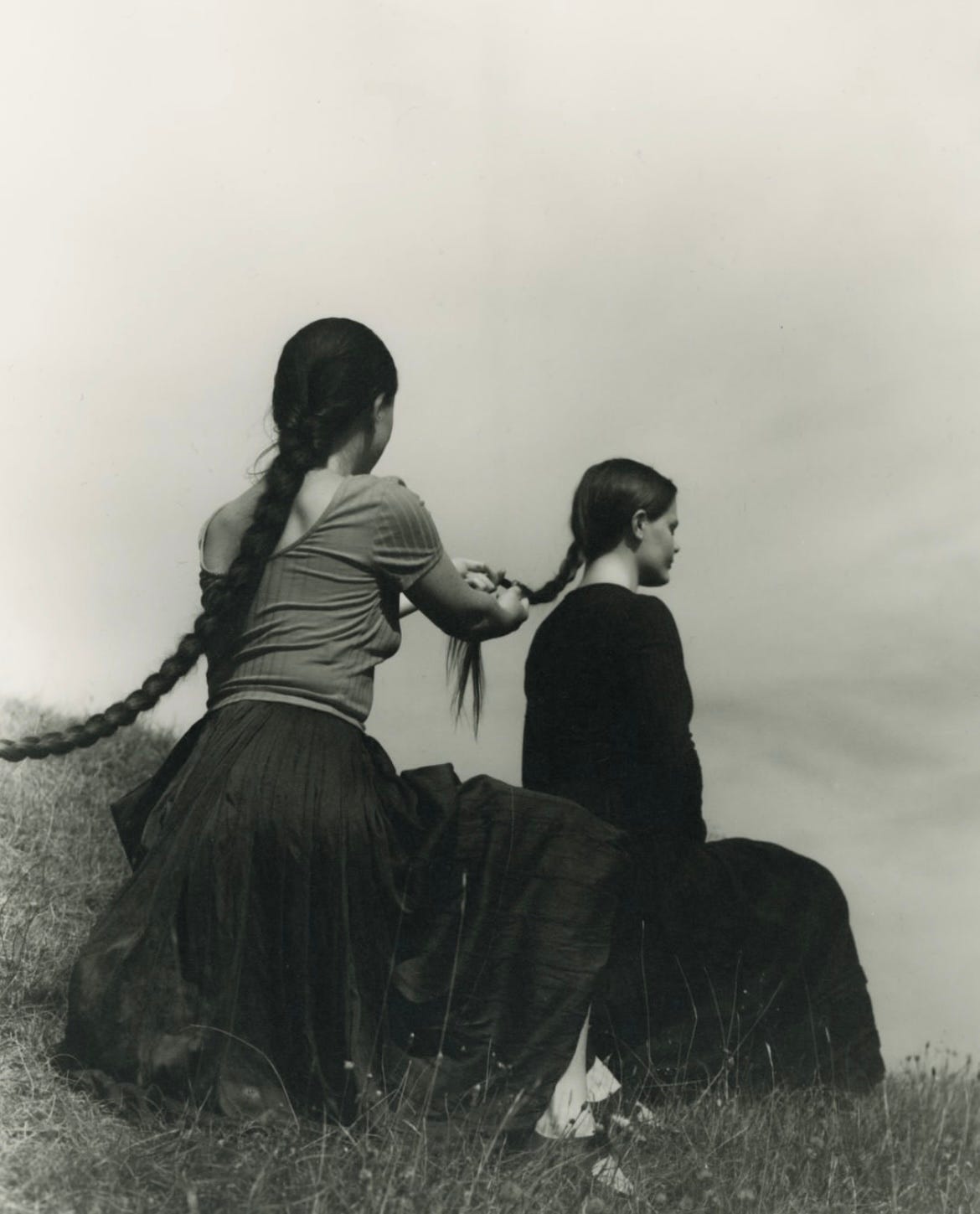
A few weeks back I published an essay by one of my dearest friends. That friend also happens to be a trained therapist who provides counseling and specializes in divorce, and based on the response not only to her essay but to the #HowILeft series on Instagram a couple years back and the countless women I hear from on a daily basis, we decided to join forces and teach two classes for women 1. considering leaving their marriages (meeting Mondays beginning March 11th) and 2. rebuilding their lives in the aftermath of divorce. (Sundays beginning March 10th)
The following is an interview I did with Mindy earlier this week in regards to her marriage, divorce and our shared experience (hers as a therapist, mine as a writer/getaway car) in helping women get free.
ED: If there are men reading and you would be interested in a similar class aimed at men, please let me know by responding to this newsletter. I am very aware that men need support too but I hear from women 99% of the time hence the below.
***
REBECCA:
First of all, I love you. And would like people to know that before we go any further. Since we first met five years ago you have been central to my mental health and happiness. I consider you family. I love your children like my own. And even though we have only known each other since 2019, you are one of the great loves of my life. Beyond turning this entire post into a gush fest for how brilliant you are, I also want to thank you for sharing with this newsletter audience — not one — but TWO of your essays in the last year and a half. WHAT A FUCKING HONOR.
Speaking of which, I want to talk about your latest essay which resonated with SO MANY PEOPLE that I am still hearing about it.
This part particularly rang true for me as I know it did for a lot of women who recognize the collateral damage empathy inflicts on us;
Sometimes it’s hard managing compassion. Sometimes, we feel other’s pain so much that we cannot distinguish the line between where their skin ends and ours begins. Sometimes, we have the kind of ‘understanding’ that immobilizes us from acting and moving far away from the things that hurt us. And sometimes, we confuse acceptance with allowance and can’t for the life of us find the balancing point. Or maybe, we find the balancing point too easily, because when we weigh our understanding against our grievances, what’s wounded in us will always align with the things that hurt.
Our capacity to hold compassion and understanding is astounding and indisputably serves all good things; peace, harmony, safety, kindness, change, repair. The list goes on. But in a person who doesn’t value herself, not enough at least, they can also serve a self-eating snake, an ouroboros of pain and self-betrayal that keeps her stuck in lovelessness. Obviously, these qualities are never wrong. They’re foundational to love and self-leadership. But when they exist in a person whose identity is still unformed, or rather, formed, but only in relation to how she understands the other and not herself, they show up as distorted with extraneous limbs clutching to anything that affirms their existence…
Can you speak directly to this part of your essay and elaborate on the universality of empathizing with our partners often to the detriment of our own spirit? Will you also speak briefly to how this led to the conversation we had that ultimately led to us creating these classes in order to help women work through some of the conundrums of caretaking others in order to best take care of themselves?
MINDY:
Okay, first of all, I love you so much it’s dumb. And also ditto to all the things. You and your family have been the greatest addition to mine and honestly I cannot imagine this life without you. You're like my antidote to spandex, everything breathes a lot easier with you around. Okay, I don’t wear spandex, but you know what I mean…when life feels squeezed, held together a little too tight, you’re like, get naked! Wear a muumuu!
Okay, that said, to answer your question: Yes. I mean it’s probably the most common experience we have as women, in part because we’re culturally and socially conditioned to care often at the expense of ourselves, and almost always without having the conversation (with ourselves and our partners) about the contours of that care. Like, when is it appropriate to put up a boundary? And what do we potentially lose when we do? That’s a big piece of this conversation actually: Fear of loss when we stop caring for others at the expense of ourselves, fear of retaliation of some sort, or fear that our partners will fall apart—and that no matter how they respond, it will be all our fault. And then the next question that comes up for me is how well can you tolerate those potential outcomes? What are you willing to be responsible for? And what are you willing to lose in order to care for yourself better? I think we’re talking about self-care here, ultimately, and what it takes to carve out an identity in which self-advocacy and boundaries don’t feel counter to caregiving. As if we have to undo the conditioning that makes it far too easy to weaponize our greatest strengths (care, empathy, compassion) against ourselves. I think that’s the conversation we were having. How so many women end up marrying before they realize this, before they can begin unraveling that conditioning—and then what happens when they do and start feeling into what they really want? When they get honest about it? Will their partners reject this change, or will they reject their partners because they no longer meet their needs. It’s a really confusing place to be and that’s the support we wanted to offer, right? To create a space in which to have these open conversations about what to do when we grow out of our marriages because we’ve grown into ourselves.
REBECCA:
YES! And I think because SO MANY do not have access to that kind of support within their communities, creating virtual spaces is key. I hear from so many women who have been so busy navigating the landmines in their marriages and taking care of their kids that they have deprioritized a trusted community of friends. Or worse, that they feel they must perform for the friends that they have out of fear of judgement or lack of trust within those friendships. Which is why creating virtual spaces if and when you can is so important when it comes to the sisterhood, I think! WE ALL NEED HYPE WOMEN!
Now let’s talk divorce. How long have you been divorced? And in that time, what are the different versions of you — the wife — but also the caretaker — you feel you have shed? And what layers, if any, are you still trying to remove?
MINDY:
That’s such a good question. I’ve been separated for a decade, but technically divorced for six years, and it took me years to shed the role of wife. Years. My divorce happened in stages, like emotional stages. Partly because I continued – after we separated – to accommodate him for the sake of the children. But also for the sake of my fears. I was so scared for so long and felt like I had to continue to manipulate and control a lot to assuage them. That’s a whole other conversation, but unlike most women who fear losing their children part time in divorce, I felt like I had to fight to make sure mine weren’t abandoned. To be fair to him, he did not want to split, and he worked hard to keep us together. The emotional toll on him was enormous, but as a result I never knew what was coming next. So I was free, physically, but not emotionally. Not right away. I battled enormous amounts of guilt and shame, mostly self-imposed, and that’s what I’ve been able to shed—the two versions of myself in reaction to those emotions: the part that defended against the guilt and shame by becoming numb and calloused to him and very loud about how right I was to have left – and – the part of me that grieved silently and alone, but still felt deeply mired in fear and resentment. Both of those versions of me are gone now. I know that I made the right choice to leave, but I also feel enormous amounts of compassion toward my ex. I see very clearly how I contributed to our toxic dynamic. I fomented the flame, too, and I can take responsibility for those parts of me with enormous amounts of self-compassion. But it’s taken a while. I’ve also been a single parent – like almost entirely – and they’re only now of age where the demands of motherhood are no longer all-consuming. I no longer feel stuck in the mental/emotional bind of simultaneously feeling like I'm too much and not enough and have spent years rebuilding an internal architecture that supports space for all the parts of me to breathe, even those less stunning parts. I’m less apologetic, and more self-loving, and have come to accept that I'll likely be molting for the rest of my life.
REBECCA:
When we first started talking about this class the amount of material we wanted to cover was overwhelming but the SOUL of the class was one unanimously agreed upon idea and that was to MEET WOMEN WHERE THEY ARE and VALIDATE THEIR TRUTHS in a way that makes them feel SAFE AND SEEN. A sort of Park Bench in the middle of the chaos from which to rest, think and create their own maps for where to go next.
Whether it be choosing to stay or leave OR in the case of those already divorced, how to construct a new life on the rubble of the old one. Can you elaborate on what you hope to accomplish with this class and what, you think, would have been helpful to you when making the decision to leave and/or in the years you were rebuilding?
MINDY:
I think the answer to what would have been most helpful is as simple as what was and still is most helpful: being in conversation, writing, being part of a supportive community and finding my network of care. I couldn't have survived making the decision, acting on the decision, and living through the consequences of starting over without my community of friends and family. But not everyone has those things built in. Asking for help and showing up in this space is hard, but like you said, there's so much dignity in being seen and validated in your truth. And making any sort of major life decision is so deeply personal. Everyone should take the time they need, but being held and loved in the confusion is an essential step to finding clarity. I would take it literally from any place it felt sincere.
REBECCA:
I think for me, because I am NOT divorced (but would be if my husband didn’t die before we split) I feel a real responsibility to help women who were in a similar place that I was in for years — which was this sort of pendulum of KNOWING I deserved more but also being SO USED TO SETTLING for less that I convinced myself I could get comfortable in the discomfort of it all. Beyond that, I learned how to absorb what hurt me and became more and more calloused and resilient to it (and in more and more denial) and while I was certainly scared to leave my marriage, I was also so emotionally broken down that I didn’t even have the energy to know where to start. So I left in other, smaller ways, a sort of “leaving by 1,000 cuts."
I feel like this is a very common story and why I go back to the idea of the VIRTUAL PARK BENCH in terms of giving women a place to think, feel and recognize where they are and where they want to go next.
MINDY:
YES. Just yes. Exactly. I spent years negotiating this very thing. Like I said in the essay, the unhappy predictable felt safer than the unknown. At least most of the time it did. Like children who want to stay in the arms of parents who abuse them (not saying we all leave because of abuse), but there's something psychobiological about it, about staying with the person you made children with, the person you know. Also, there's a reality to the role that DENIAL plays in our lives. Our brain works HARD to protect us from seeing and feeling those realities we're too scared to face.
REBECCA:
Let’s talk for a moment about FREEDOM. I think its absolutely possible to feel free in a healthy marriage but I hear from a lot of married women who feel TRAPPED. Not only in their marriages but in their thinking. In their fear. In roles (wife, mother, caretaker) where they come last. THAT is what I mean by GET FREE. It isn’t necessarily about GETTING FREE from your marriage but GETTING FREE from the stories you have insisted on telling yourself AND OTHERS in order to justify your unhappiness — something you and I BOTH did in our marriages, even though they ended very differently. Can you elaborate on this point, both as a therapist and as a divorced woman and mother?
MINDY:
This is really interesting to me from a professional and personal standpoint. Yes, I agree that it’s possible to feel free in a healthy marriage, but only if you cherish your partner’s freedom as much as your own. This distinction is so important, and actually breaks my heart, because many people, men and women, would stay married if their partners could just release their grips, open up conversations to make space for the internal and external changes that inevitably happen in life. This is why your last piece was so moving to me. People have a hard time releasing control, especially with the people they marry. It’s an interesting polarity. People divorce because they feel either too controlled or too neglected, both of which are byproducts of not being SEEN as a separate, equal and whole person. But honestly, miracles happen when we do!
And to address the other question, getting free from old crusty beliefs about who we are and what we deserve, well…it’s hard to rewire those thought patterns, especially when we unconsciously choose partners who consistently reinforce them. Right? The stories we tell ourselves and our friends about our own worth are, by and large, protective mechanisms. They exist as a way to reify the status quo, to keep us hidden and small. Confronting our fears and flipping the narrative is so much harder because it means we can no longer unconsciously choose a life that keeps us diminished. It’s an incredibly vulnerable moment to make these discoveries because we can no longer deny responsibility for the choices we make. It becomes much harder to justify those choices when we see them for what they are. AND, when we take ownership of our part in the relationship dynamic, it becomes the make-or-break moment for most couples - or - it's at least where the real work begins. The questions that come up for me are: What do you do with your discovery? How do you honor and preserve it? How do you communicate it with your partner? Can you communicate with your partner? Have they ever given attention to your internal life? Have you ever allowed them in? The answers to these questions, and your partner's responses to them, will determine whether you want to continue trying to grow within the marriage OR will shine a very bright light on the fact that you cannot. And then what? The question I ask everyone I work with is: What can you live with?
I could live with my marriage in a broken state for years. So many. I had enormous amounts of tolerance for it because I was distracted by my kids, mostly. I had carved out a life for myself outside the marriage, too, namely with a couple of friends who reflected me back to me enough so that it made up for what I wasn’t getting from my husband. That particular strategy can last for a lifetime. We see it all the time. And I’m NOT judging. There are so many valid reasons why people stay. But it can also erode a person’s sense of self and worth so much that those places where we once felt seen get smaller and tighter and we end up feeling exiled from ourselves and our own homes to the point where we lose ourselves entirely. I grew to a point where I couldn’t live with it, or justify it for myself or as a mother. But again, no judgement. It was the hardest and scariest choice I have ever made, and I never ever could have done it without the support system I had.
REBECCA:
What do you think are the most common reasons people leave/stay and have you ever met anyone who regretted the decision to divorce?
MINDY:
I kind of want to focus my answer on women who want to leave their marriages because this is not a topic I see written about or discussed very often. I think that’s why #HowILeft resonated so deeply. Because it’s common. A large portion of the women I work with are the ones contemplating and/or doing the leaving— for many different reasons; infidelity, lovelessness, emotional abuse, control and manipulation, boredom, poor communication, sexlessness, incompatibility, emotional betrayal, infertility, financial abuse… and so on. The list is long and often compounded.
But I’ve also known women who leave simply because they can’t imagine a lifetime with their spouse, even though they’re nice and have done nothing wrong. They just don’t choose that person or life anymore. And that, freedom of choice, that basic human right has been culturally condemned for married women. Choosing to leave a marriage because she wants to is so fundamentally anti-patriarchal that it needs this spotlight. I’m not saying this to embolden people to just do whatever they want no matter the impact it has on the people who love them. But because women have historically compromised their own happiness for the sake of patriarchal conventions, I think it’s important to remind and support women in choosing the lives they want for themselves and their children, and to partner up…or not…according to what their values dictate.
We need to build systems that support this, because motherhood, by the nature of its demands, makes leaving really, really hard. Women/mothers often stay in unhappy marriages because they’re terrified of poverty or financial stress, they’re scared to start over, to be alone, to be a single parent, to upend their children’s lives, to lose status in community and fear judgement from their families or religious institutions. These are the main reasons, though there are many more personal and nuanced reasons, too. But no, to answer your question, I have never known anyone who's regretted leaving, although I’ve heard people grieve and long for what they wished their marriages would have been, the dream of it, and for the ease that partnership promises, but doesn’t always deliver.
REBECCA:
Let’s talk about the two classes we’re offering and why writing can be, not only therapeutic but intrinsic to visualizing and reorienting our lives. (I know that for me, I cannot get to my feelings without my fingers. That sitting down to write every day wakes me the fuck up, even if I have to force myself to do it sometimes.)
MINDY:
Well, you do this for a living. The rest of us wish that we did! But I write because it helps me to understand myself. It’s my therapy, my classroom, my prayer space. It’s where I get to be smart and stupid and dig out messes and make discoveries and say things I might not be ready to say out loud. Writing is how I shake loose fears that want to cling to my insides. It’s just the best practice ever. And it was probably one of my most useful tools when I was in the space of contemplating divorce – and – after I got divorced, which was compounded by the death of my mother and a move across the country. So basically, writing was kind of my best friend/oxygen mask/survival strategy. These classes are designed to help you think through and feel through all the questions and confusions that come up during intense life transitions—even if only in contemplation of them. They are also designed to help build out community and create support systems for anyone in this space who may not have family or close friends, or who may, but doesn’t wish to share these vulnerabilities with them.

REBECCA:
I love and am so grateful for the work you do and the support you lend to SO MANY PEOPLE, myself included. Thank you for being my friend and teaming up with me to teach these two classes I will now link to for more information after sharing this somewhat blurry photo of our faces making a heart.
For more information on our four week STAY OR LEAVE WRITING WORKSHOP (beginning Monday, March 11th) click, here.
For more information on our four week WRITING IN THE AFTERMATH OF DIVORCE WORKSHOP (beginning Sunday March 10th) click here.
Looking forward to seeing some of you then!
And speaking of writing and divorce, you’re all reading Lyz Lenz’ This American Ex-Wife, right? Okay, cool! Just making sure!





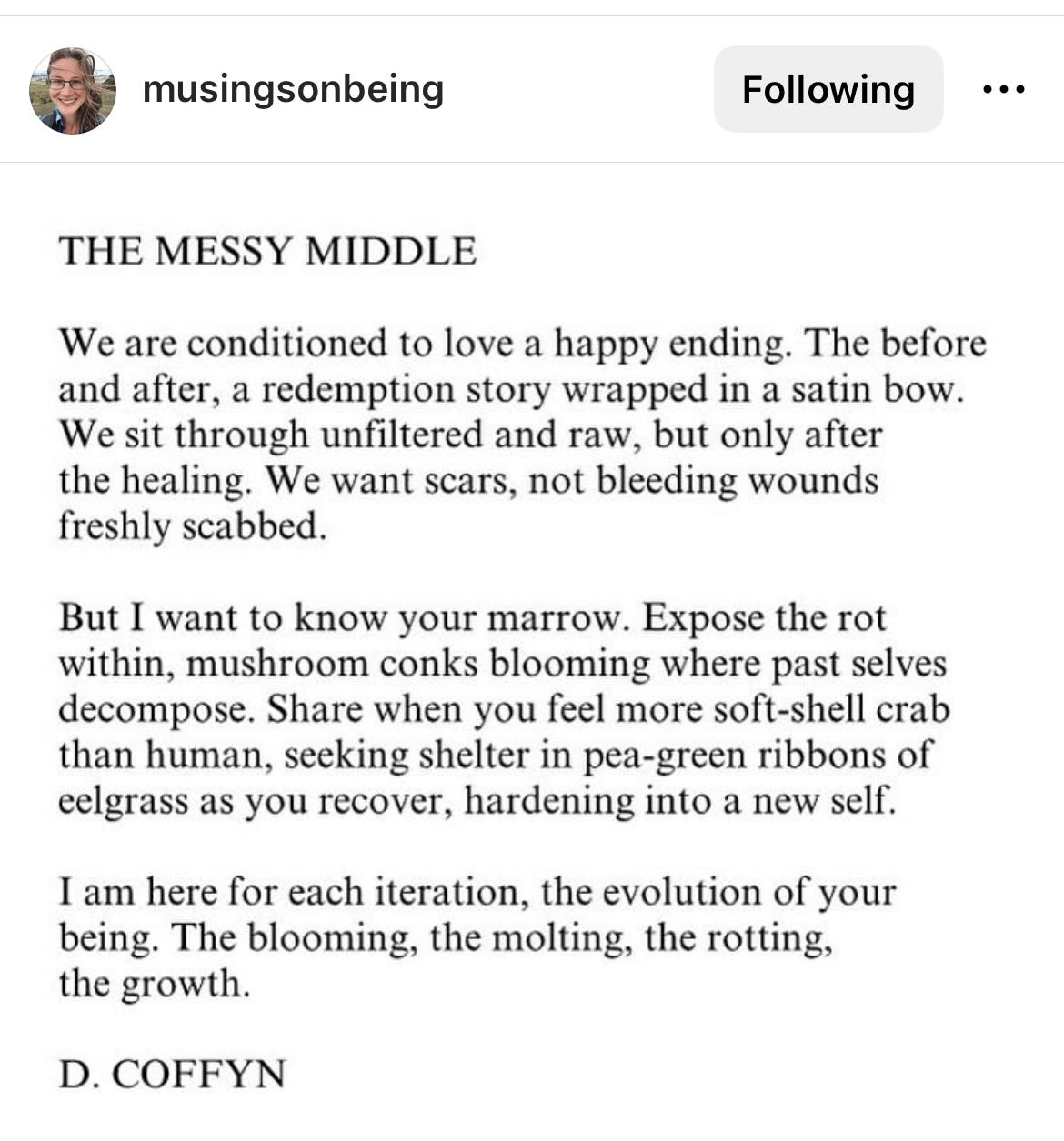
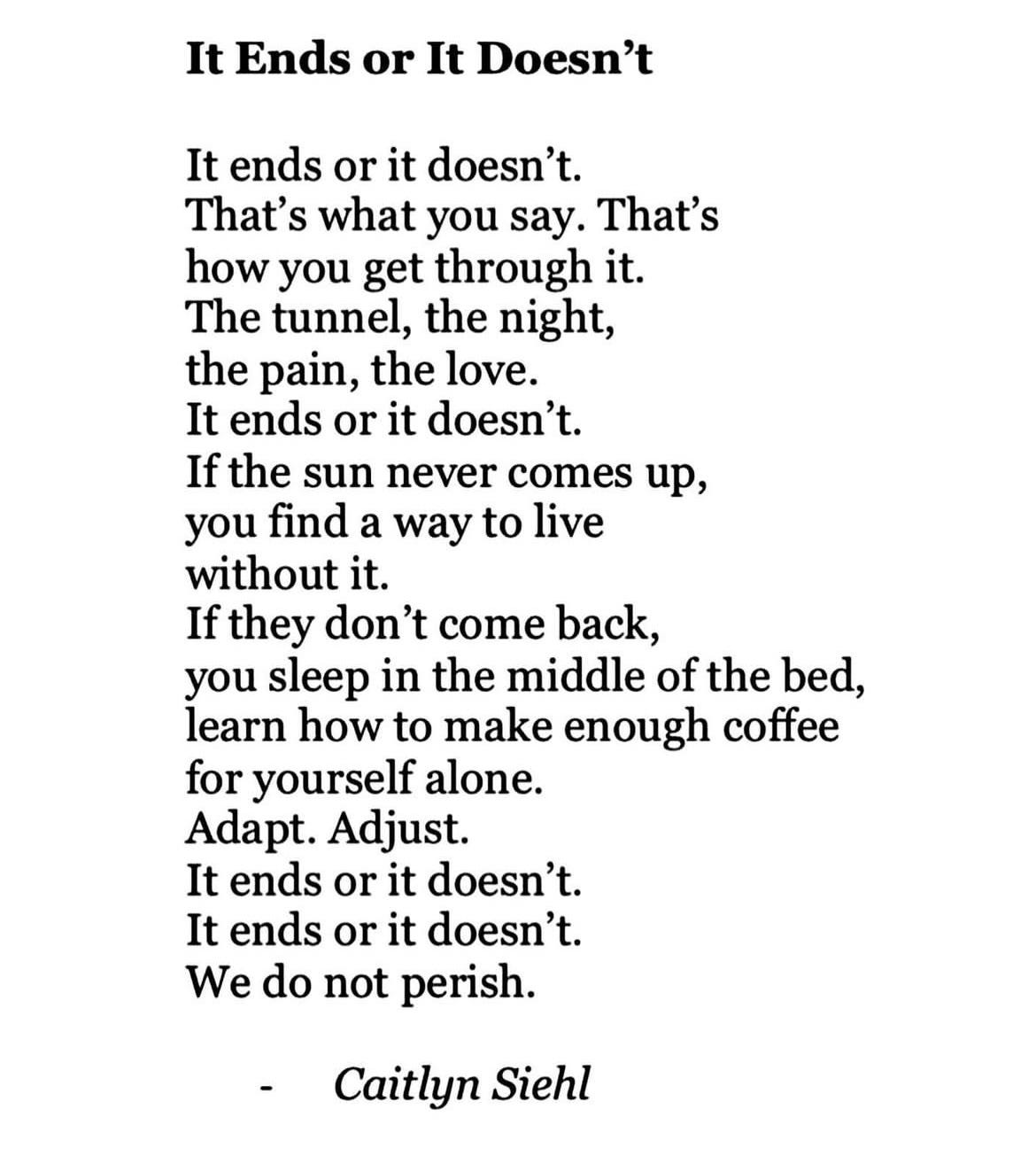
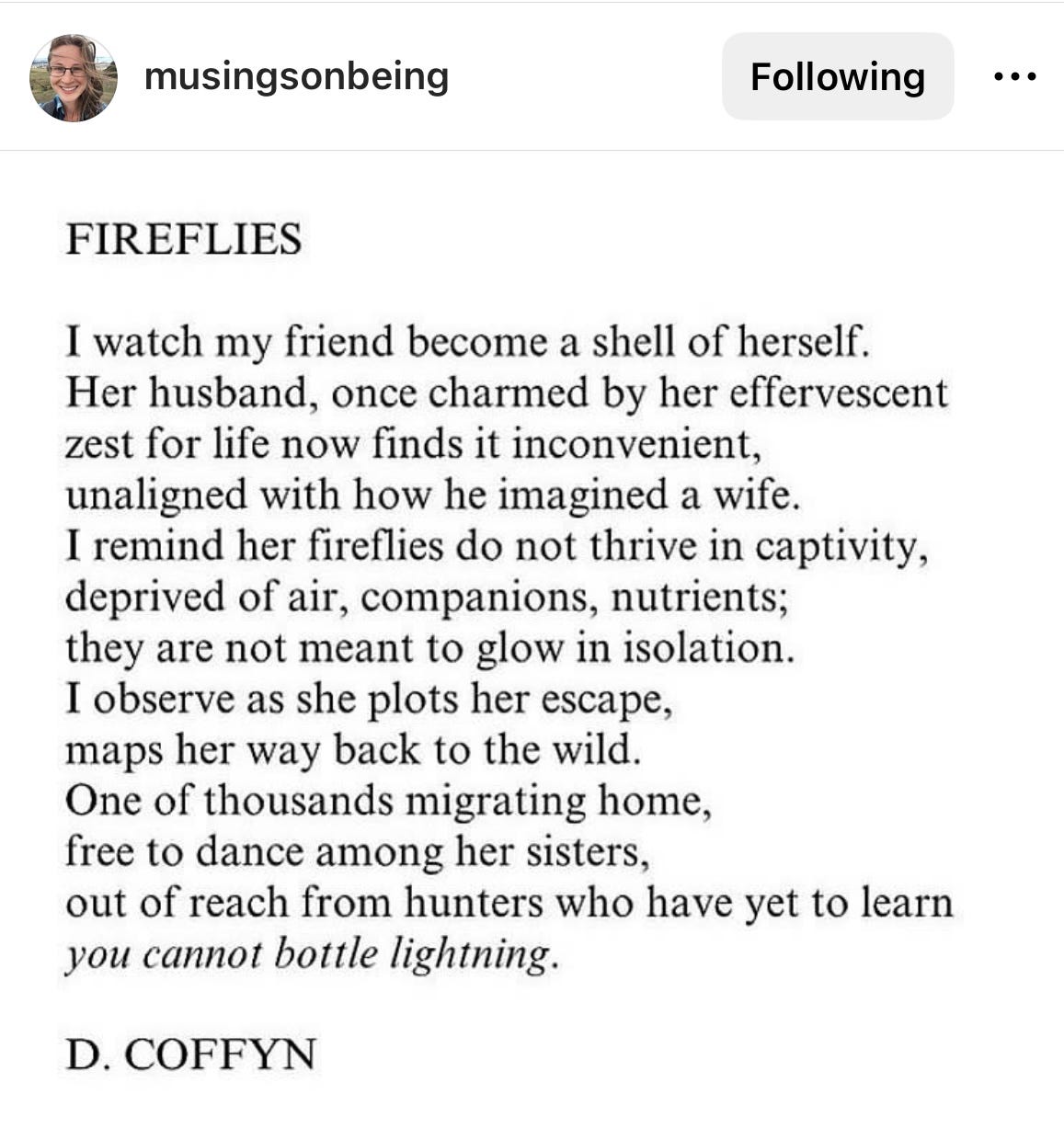
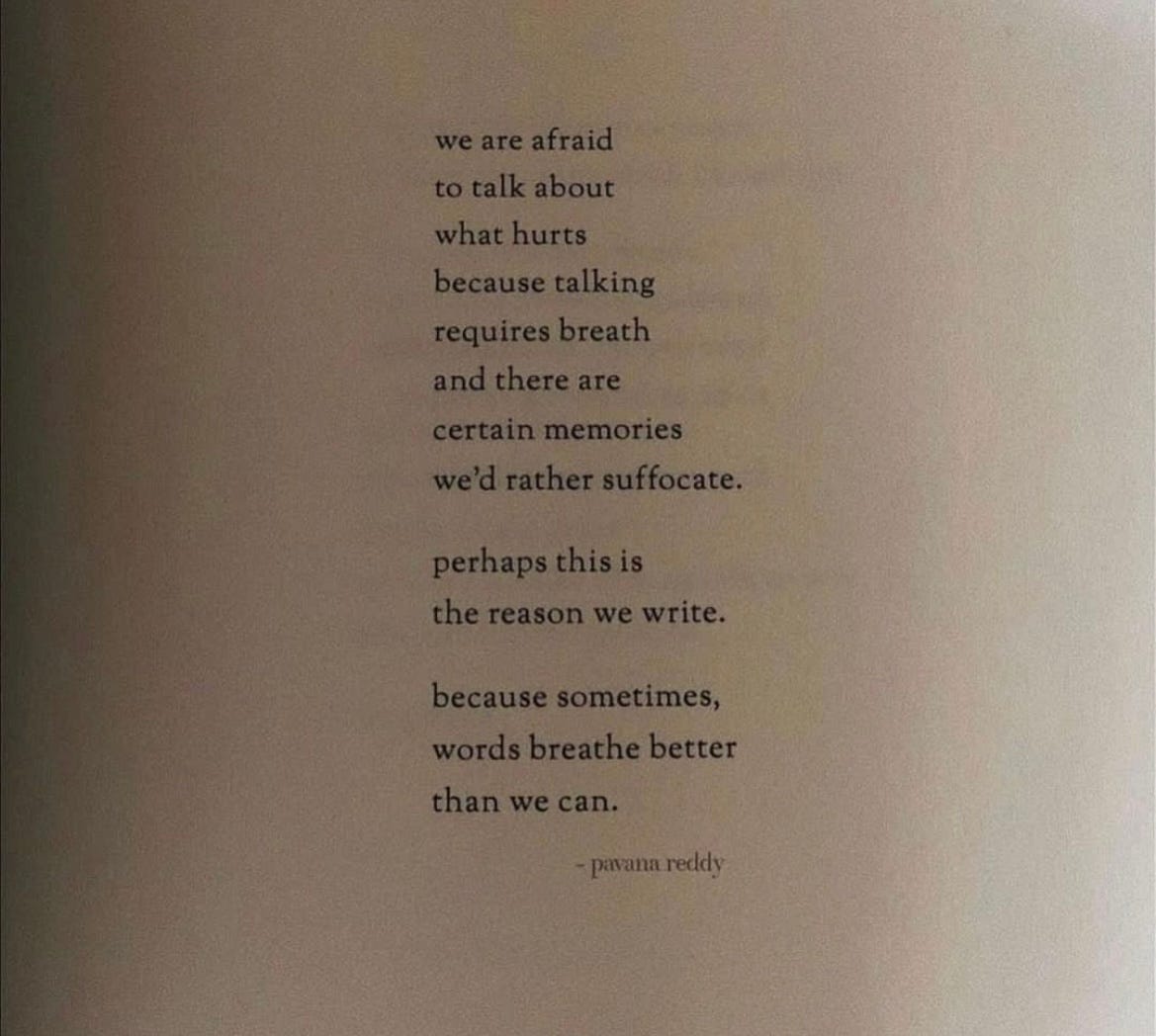
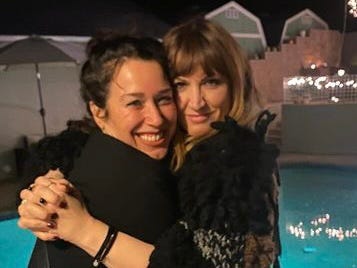
This is incredible. I’ve never been married but I relate deeply to the guilt I feel for not wanting to spend the rest of my life with a perfectly great boyfriend because I’d rather be free. ❤️
I just read this twice and spent the rest of the afternoon crying on a shady porch day bed on MY patio. Thank you for your truth telling. I feel more free than I did this morning.